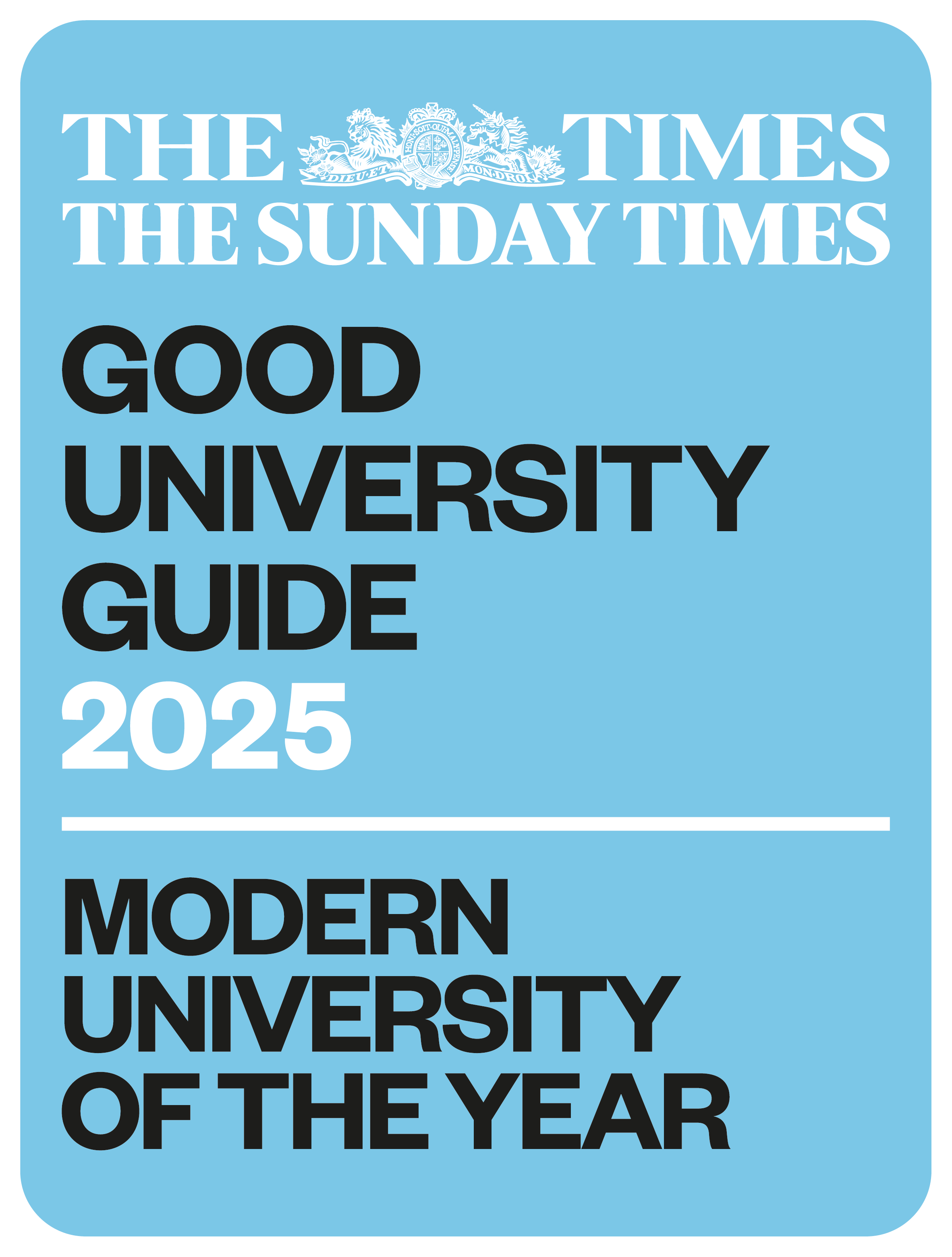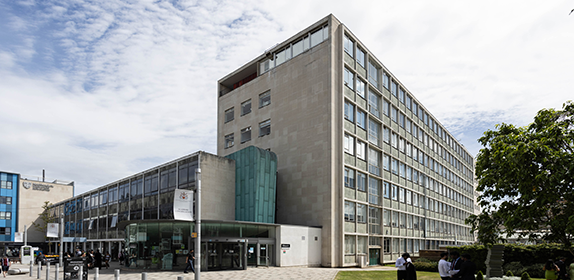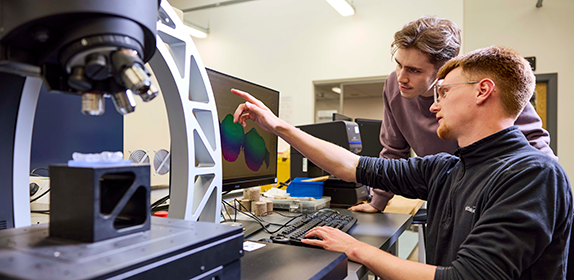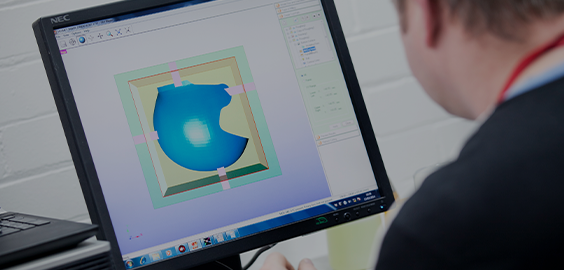Electrical and Electronic Engineering MSc aims to equip you
with advanced knowledge and practical skills in electrical and electronic
engineering, and higher cognitive skills for the design and development of
complex engineering systems.
The course emphasises lab work and experiential learning through the design, build and testing of electrical and electronic systems,
using industry-standard equipment and software, to build your confidence in a
simulated environment.
You’ll conduct your own research and investigate the latest
technologies, exploring topics such as smart grids, power electronics, wireless
communications, and machine learning.
From the Advanced Practice element, you’ll
benefit from the opportunity to work with external clients to formulate and
complete a live project that addresses an agreed real-world challenge.
 Option for Placement Year
Option for Placement Year Option for Study Abroad
Option for Study Abroad










